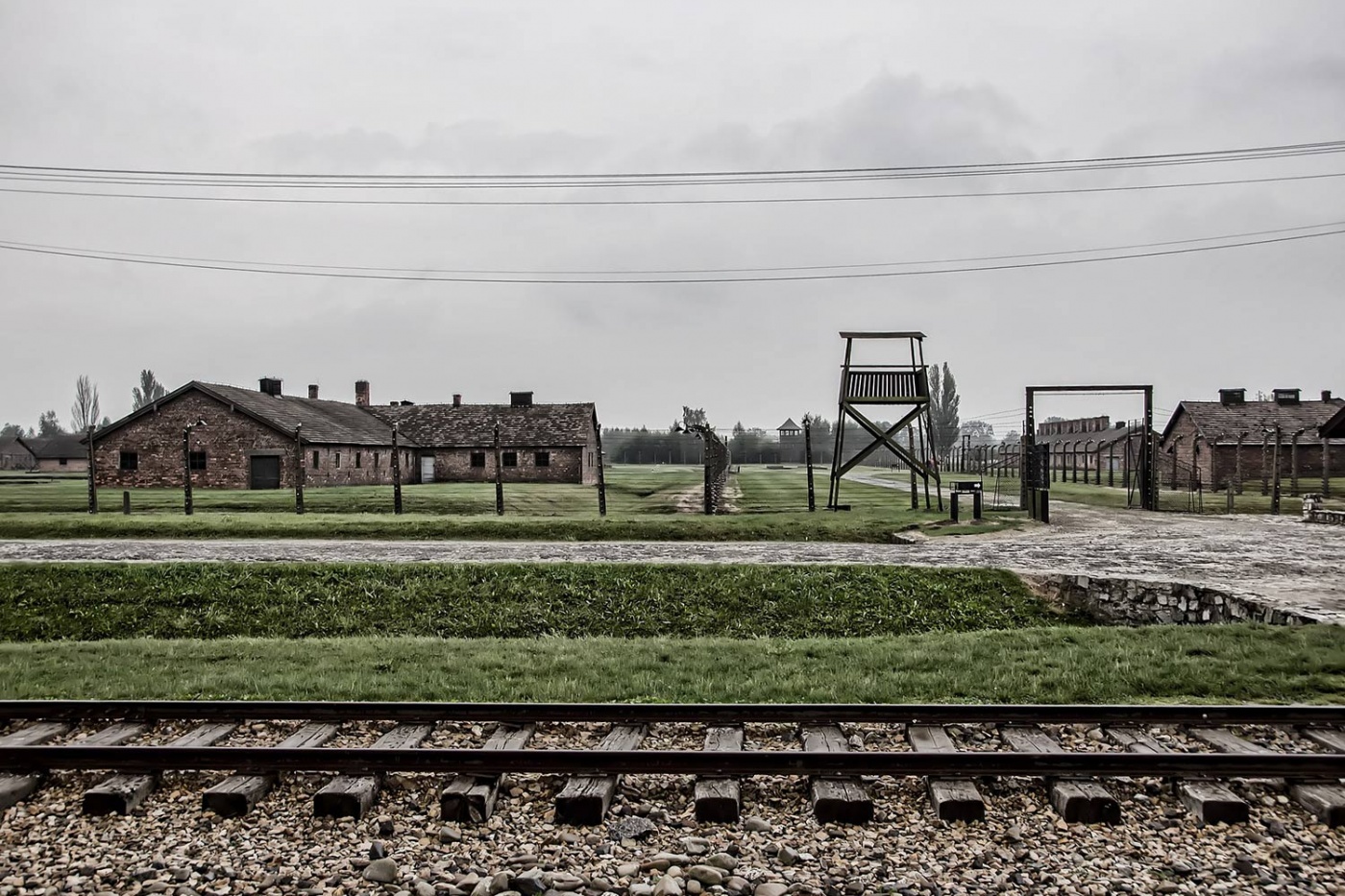Why You Should Visit Auschwitz Once In Your Life
Think alternative travel, and you’ll most likely think of extreme, bucket-list-type activities such as skydiving, or off-the-beaten-path jungle escapades to discover the lost city of Ciudad Perdida. As long as it holds the promise of fun, right?
While most of us travel to escape, mentally and physically, from the taxing demands and harsh realities of life, there’s also value to be found in confronting those ugly truths head-on. In fact, it would be a sin to ignore them. Wherever you go in the world, even if it’s “the greatest city in the world”, a dark underbelly hides behind the posters of picture-perfect landscapes. Thailand, with its crystal-clear beaches, may seem like an ideal getaway, but it’s also a country with a human trafficking problem. You get the picture.
Rather than seek out the usual upbeat locales, take a chance and venture into territories that conjure a bleaker ambience such as Auschwitz—a place we’re probably both familiar with and detached from, in equal measure. Here’s why you should visit the erstwhile hell on earth at least once in your life.
Depressing as it may (and will) be to relive a history of unimaginable horrors, it’ll also broaden your perspective more than a farm stay can. It will force you to delve deep into the life of the Holocaust victims, whose memories demands to be remembered. Beyond reading a history book, you’ll walk through paths once trodden by white supremacists and Jewish prisoners, and realise the absolute gravity of racism and what it could lead to through propaganda that divides the human race.
Needless to say, you’ll have to be intentional about learning about the Auschwitz-Birkenau concentration camps, instead of being there simply to brag about another tick on your bucket list. In Auschwitz, which comprises about 40 concentration camps, each barrack has been turned into a museum of sorts with information about what it was like in the concentration camp, among other things.
It’s easy to brush past uncomfortable subjects such as the largest mass incarceration of a racial or religious group in history, because you don’t want to feel the wrath and heartache associated with it. But with that comes a numbness, an indifference to such a horrific event. Being at the scene of the crime allows you to not just feel the influx of emotion to the fullest, but also develop true empathy for the victims and survivors of the Holocaust, and the minority communities of the world.
It may even trigger a deep reflection of the privileged life you lead, the conundrums you face each day that pale in comparison to those of the genocide victims, and remind you of your own humanity and the importance of choosing compassion over discrimination.
But more importantly, you’ll get a peek into a life that some still can’t escape from, whether in war-torn countries where children wake up to life-threatening, PTSD-inducing explosions, or environments of oppression where detainees are physically tortured and sterilised against their will. It’s been more than seven decades since the second World War, but the world is nowhere near reaching Utopia, with many still being treated as second-class citizens, as meat, as worthless disposables.
This is why the single most important reason to visit the Auschwitz concentration camps, which should never be seen or treated as some novelty or cheap “must-visit” attraction, is to learn from the past and make sure we don’t lapse into a repetition of history’s worst chapters. At a time when religious intolerance and racial discrimination is still very much an issue, made more prominent by certain political figures in positions of power, we need to know where we stand, what we stand for, and why.
As Primo Levi, the late Italian author and survivor of Auschwitz who took his own life after a long battle with depression, once wrote out of frustration at the continued violence around the globe, “We must be listened to: above and beyond our personal experience, we have collectively witnessed a fundamental unexpected event, fundamental precisely because unexpected, not foreseen by anyone. It happened, therefore it can happen again: this is the core of what we have to say. It can happen, and it can happen everywhere.”


